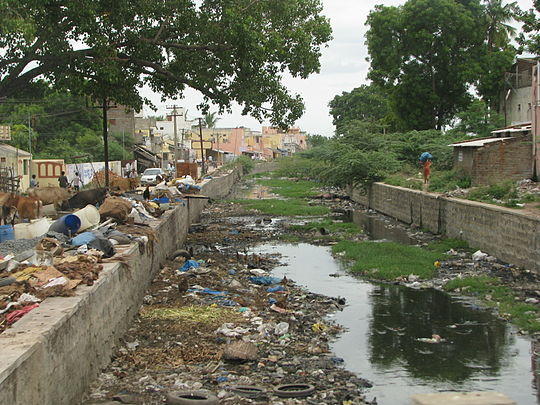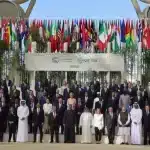|
Getting your Trinity Audio player ready... |
Download this post...You wouldn’t know it from the happy spin emanating from the Oval Office, but a Third World revolt in Bonn, Germany, this week almost derailed the Paris climate change negotiations in November. Although peace has been restored for now, it only happened by papering over this fundamental conundrum: The world can either avert...









